21 Nov The Best Winter Herbs to Grow (and Eat)
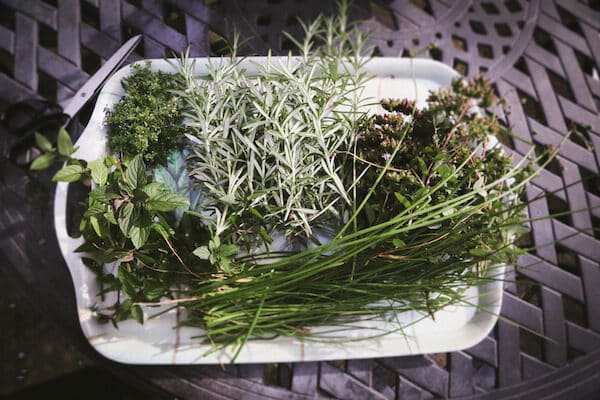
The winter can be frustrating for some. There’s fewer hours of daylight, the weather can be bone-chillingly cold, and you find yourself rotating between squash, brussels sprouts, and bread. It can get dull and repetitive.
But just because it’s colder, doesn’t mean you have to give up on your herb garden. Growing fresh food should be a thing you can do 365 days a year.
So, here are some herbs that do a little better in chilly weather—the perfect winter herbs to grow and eat.

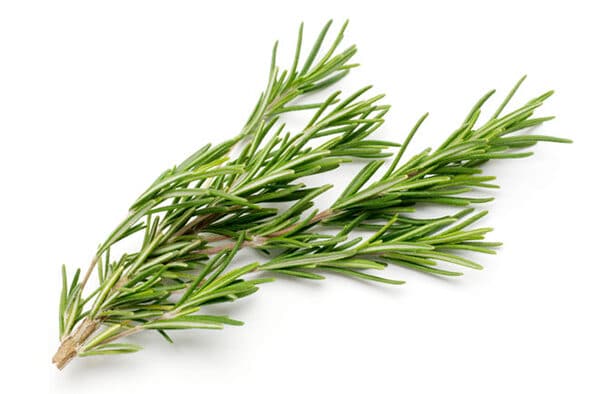
Rosemary
Rosemary is a perennial herb, which means that it can be grown year-round, and sturdy enough to defend itself against icy temperatures. This herb will bloom throughout the year, and is one of the more affordable ones to grow and replace in the event that your plant kicks the bucket.
Rosemary pairs well with heartier meats like lamb and beef, and stands up to pungent flavors like garlic. On top of packing a punch in flavor, rosemary—particularly its oils—has been used to treat things like poor memory, migraines, digestive issues, and other such ailments.

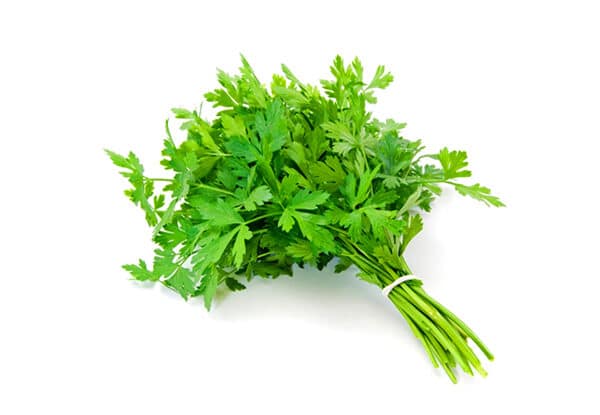
Parsley
Don’t underestimate the ubiquitous parsley plant; it’s more resilient than you might think. In harsher (cold) climates, parsley will hide underground to keep itself safe, but don’t worry—it’s still growing, however slowly. In milder winters, it will continue to bloom to provide a nice fresh kick to any dish.
A good tip is to grow lots and lots of parsley to counteract its slow growth over the winter. Because parsley self-seeds, it means that more plants will grow even if you stop planting new ones.

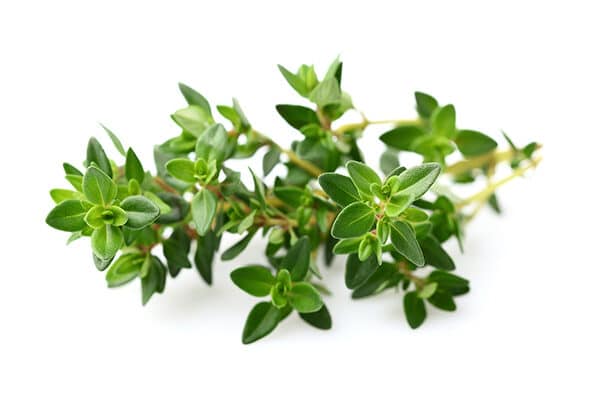
Thyme
Like sage, thyme is also a great accompaniment to sage, as well as pork. These sturdy little shrubs will add brightness to your dishes few other herbs do thanks to its lemony tones. They will survive over the winter will little to no up-keep, though there will be very little growth as well.
Having said that, you should be careful not to cut all of your thyme shrub’s old growth, as that will prevent it from growing new leaves, taking away all of the plant’s reserves.
Thyme has also proven to serve medicinal purposes over history. Some studies suggest that the thyme oil can decrease inflammation and airway constriction caused by pulmonary diseases.

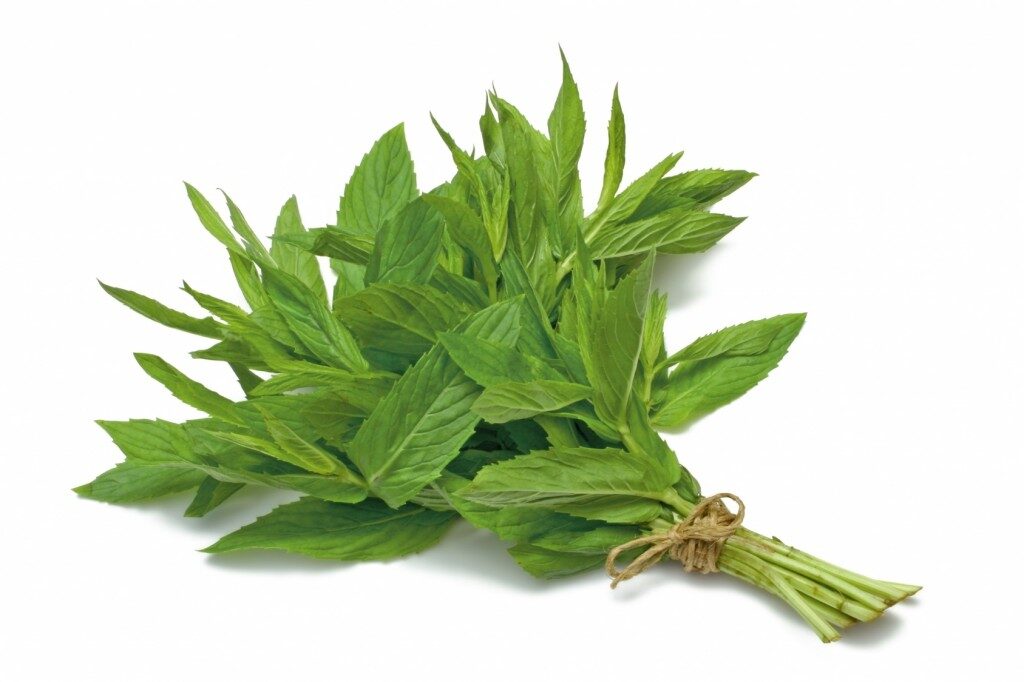
Mint
Mint is a strong herb just like thyme. If you’ve ever grown mint, then you know that it’s imperative for it to be grown in a separate pot as it will take over the entire planter; those who plant their own herbs are never short of mint!
Think of mint like a weed. They grow wild, and they are hard to get rid of. Mint’s like that, except you want it to grow wild. Needless to say, this tough, resilient herb will continue to grow throughout the winter.
It’s a great herb to have around, as it is chockfull of vitamin C and iron. Mint has also proven to reduce digestive problems like irritable bowel syndrome due to its antibacterial, anti-inflammatory, and anti-fungal properties.

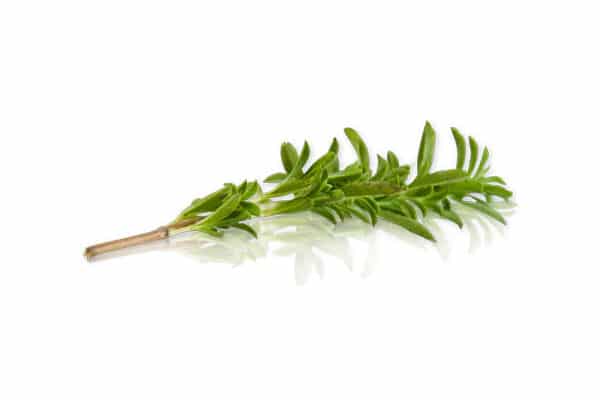
Winter savory
This one is pretty self-explanatory. Winter savory has a similar flavor to thyme, but leaves more of a tang. It’s great in many comfort meals great for the winter, like beef stew.

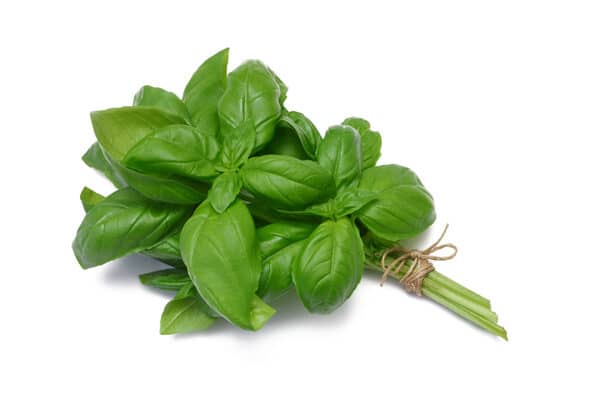
Basil
Like parsley, basil is one of the most popular herbs in the world. While every country seems to have their own variety (e.g. Thai basil), is common in world cuisines—from Italy (it’s the primary ingredient in pesto sauce) to Thailand—and it can add a kick to many salads.
Rich in vitamin K, A, potassium, and calcium, it’s no wonder it’s so popular. It helps to reduce inflammation, and studies have shown that it may help with symptoms of arthritis. Basil also contains a lot of anti-oxidants and antibacterial properties, which can help with cardiovascular health and inhibition of the growth of bad bacteria, respectively.

While these herbs will grow throughout the winter, the growth will be minimal and it’s important to bear that in mind so that you don’t harvest too much, otherwise there will be absolutely no new growth.
In an Urban Cultivator, though, you can grow herbs 365 days a year and guarantee abundant growth. Using hydroponic technology, the herbs that you grow in the Cultivator units are fresh and flavorful, and take as little as one week.
What other perennial herbs do you like to grow in your garden? Let us know in the comments section!

